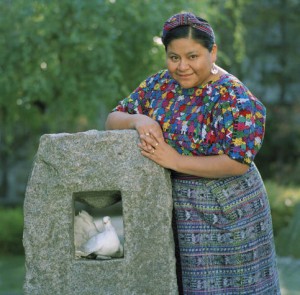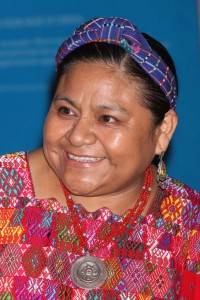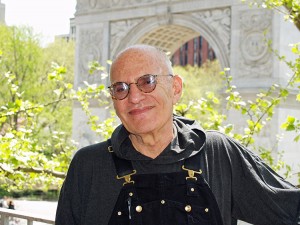Asian and Pacific Heritage Month: Actor George Takei
Monday, May 22nd, 2023
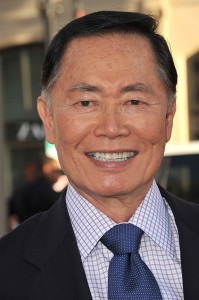
American actor George Takei at a movie premiere in Los Angeles, California, in 2011.
Credit: Paul Smith / Featureflash
May is Asian American and Pacific Islander (AAPI) Heritage Month. All month long, Behind the Headlines will feature AAPI pioneers in a variety of areas.
George Takei is an American actor and activist. He became famous for playing Lieutenant Hikaru Sulu on the science fiction television series “Star Trek” (1966-1969). Named after King George VI, Takei became a political activist after enduring many hardships as a Japanese American in the United States. His activism focuses on immigrants and protecting gay rights.
Hosato Takei was born April 20, 1937, in Los Angeles, California, to Japanese American parents. When he was young, his family was forcibly moved to a Japanese American internment camp in Arkansas. Japanese American internment is the term commonly used to describe the forced relocation and confinement of people of Japanese ancestry in the United States during World War II (1939-1945). Takei’s mother felt betrayed by internment and renounced her American citizenship. As a result, the Takei family was moved to a prison camp in California for the rest of the war.
After the war, Takei’s family remained in California. Takei acted in high school, but he instead chose to study architecture at the University of California at Berkeley. There, he was hired to provide English dubbing for Japanese films as a summer job. After two years at the university, Takei transferred to the University of California at Los Angeles (UCLA) to study acting. He worked with an agent to land his first television roles, including parts on the television shows “77 Sunset Strip,” “Perry Mason,” and “Playhouse 90.” After graduating in 1960, Takei spent a few years acting on the stage, first in New York and then in Stratford-Upon-Avon in England. In 1964 he finished his master’s degree in theater arts at UCLA.
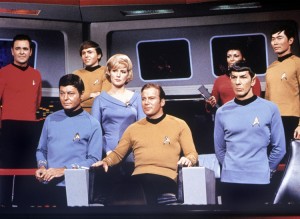
TV series, Star Trek, USA 1960s, scene with: William Shatner, Leonard Nimoy, James Doohan, DeForest Kelley, Nichelle Nichol. Credit: © Interfoto/Alamy Images
In 1965, Takei auditioned for the television producer Gene Rodenberry. Rodenberry cast Takei as Sulu, the pilot for the starship U.S.S. Enterprise on “Star Trek.” The show was set hundreds of years in the future and followed the crew of an outer space exploration mission.
Takei reprised the role of Sulu in numerous films, beginning with Star Trek: The Motion Picture (1979). He provided the voice of Sulu in many Star Trek electronic games. Takei has also played a number of other roles and made several cameo appearances as himself.
In addition to acting, Takei is known for his political activism. In 1972, he was a delegate to the Democratic National Convention, and in 1973, he unsuccessfully ran for Los Angeles city council. He also ran for California State Assembly in 1980. Despite these losses, Takei remained an outspoken activist. In addition to sharing his story of growing up in an internment camp, Takei has spoken out about gay rights issues. Takei came out as gay in 2005 and married his partner, Brad Altman, in 2008, when same-sex marriage was legalized in California.

